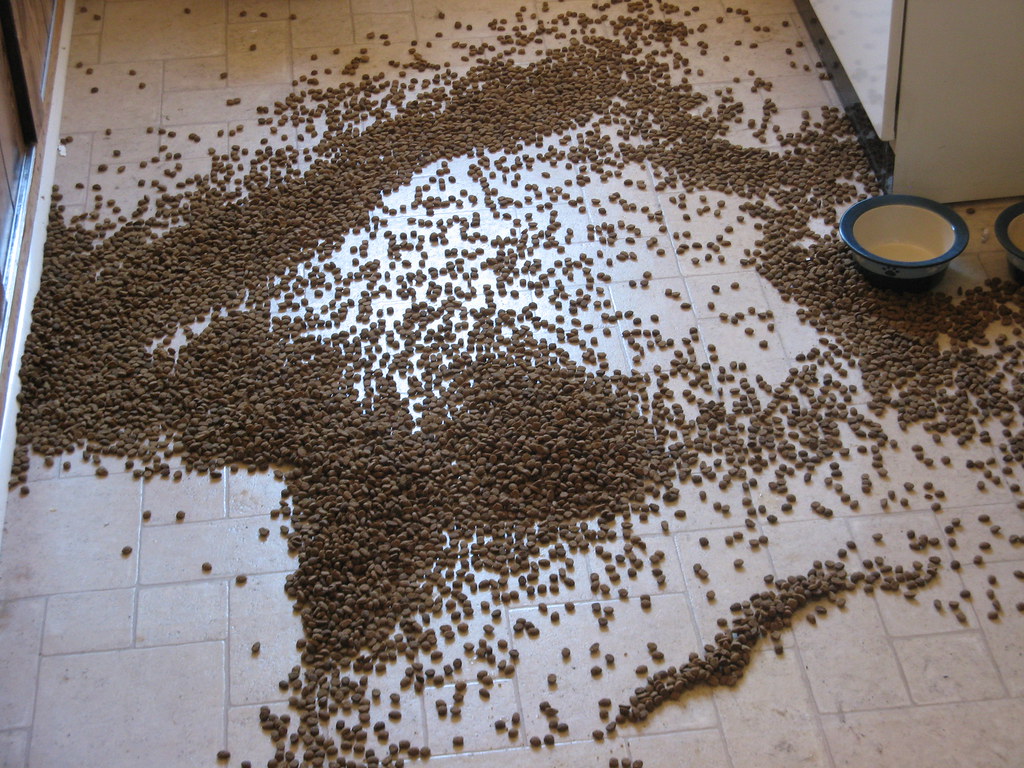I’ve had two of the worst teaching class periods in my career this week for the same class period. I’ve been in the classroom for ten years, and used the outdoors as a classroom with students for two year. This Monday and today, I had two of the worst class periods I’ve ever had.
Things that worked in other classes - a task that sparked discussion, a sharing and building of ideas, engagement in a task: they didn’t work. And I didn’t really do anything to make it better.
I say this not because I am looking for sympathy or ideas. I say it rather because we tend to only share the brilliance or the schemes or the breakthroughs with our larger circles of educator friends.
I’m just as guilty of this as anyone.
Not today though. Today I’m sharing the mess.
Today, I sucked in one class period. I was horrible for the same class period Monday. Kids off task that I couldn’t refocus. The level of discourse dropped. People weren’t focused on ideas.
And I couldn’t fix it either time.
I’ll start the process of fixing Friday, the next time I see this class. And it’ll get better.
However, we’ve got to remember to share the mess. Because education ain’t always perfect. At least it isn’t in my classroom.
 |
| Metaphor for my classroom this week Spilled dog food by Scott Granneman from flickr |







